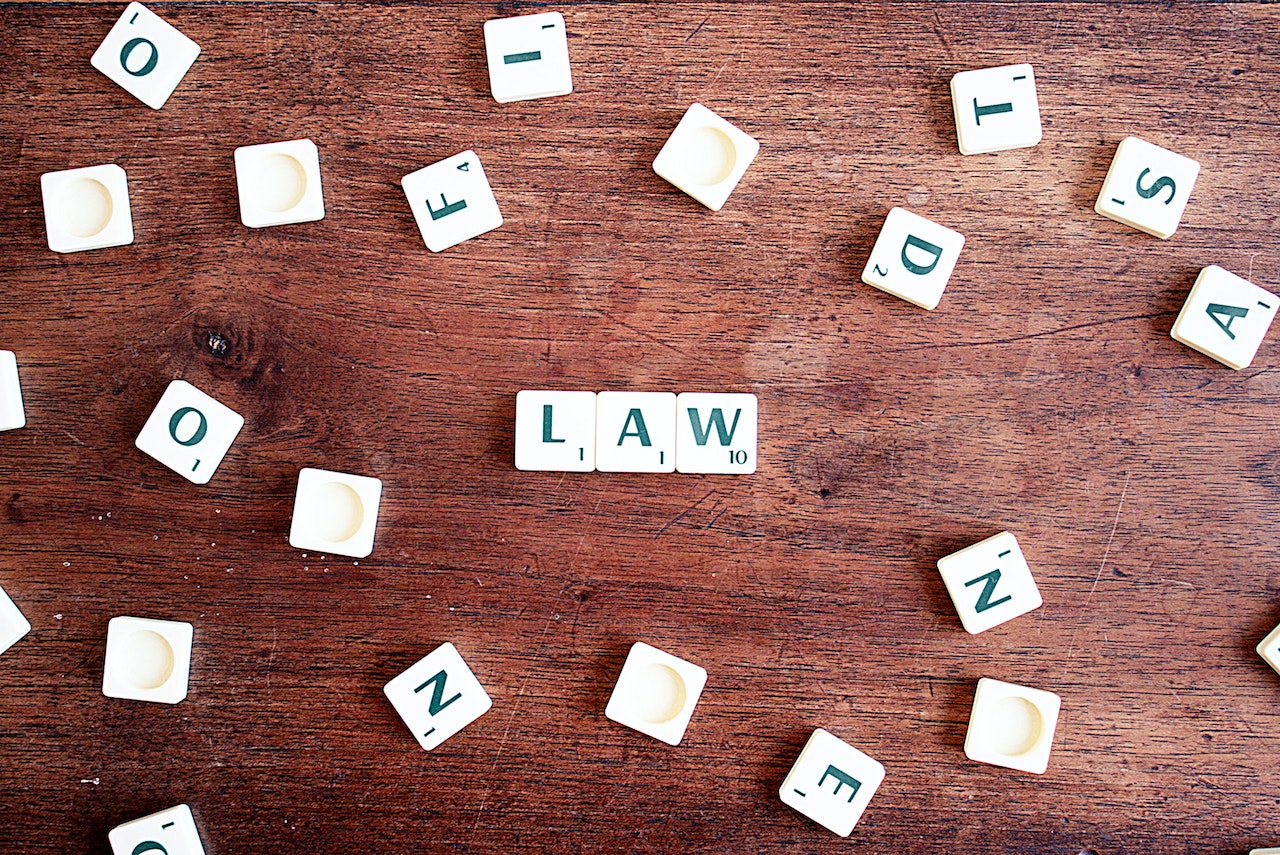The Intersection Of Law And Ethics - Navigating The Crossroads
Law and ethics are two important and interrelated concepts that shape the behavior of individuals and organizations in society. While the law provides a framework for behavior that is enforced through the legal system, ethics provides a moral framework for making decisions. In this article, we will explore the intersection of law and ethics and how it affects different aspects of society.
Author:K. N.Feb 22, 202310.8K Shares472.7K Views

Law and ethics are two important and interrelated concepts that shape the behavior of individuals and organizations in society. While the law provides a framework for behavior that is enforced through the legal system, ethics provides a moral framework for making decisions.
However, there can be times when the two concepts intersect and present difficult questions about what is right and wrong. In this article, we will explorethe intersection of law and ethicsand how it affects different aspects of society.
The Relationship Between Law And Ethics
Law and ethics are two separate concepts, but they are often interrelated in practice. The law represents the formal rules and regulations that are established by society to regulate behavior and maintain order.
Ethics, on the other hand, represent the moral principles and values that individuals and organizations use to guide their behavior. When law and ethics intersect, it can lead to complex ethical dilemmas, as individuals must navigate conflicting legal and moral obligations.
The Importance Of Law And Ethics In Business
The intersection of law and ethics is particularly important in the business world, where companies must balance their legal obligations with their ethical responsibilities.
For example, a company may be legally required to maximize profits, but it may also have an ethical responsibility to treat its employees fairly and protect the environment.
The intersection of law and ethics in business can lead to difficult decisions, such as whether to pay bribes to secure a business deal or whether to prioritize profits over employee safety.
The Role Of The Legal System In Addressing Ethical Issues
The legal system can play a role in addressing ethical issues that arise at the intersection of law and ethics. For example, the legal system may provide remedies for individuals who have suffered harm as a result of unethical behavior.
The legal system may also establish lawsand regulations that promote ethical behavior and protect against unethical practices. However, the legal system may also be limited in its ability to address ethical issues, as it may not always be clear what constitutes ethical behavior and what should be punished as illegal behavior.
The Role Of Ethical Theory In Resolving Ethical Dilemmas
Ethical theory can be used to help individuals and organizations resolve ethical dilemmas that arise at the intersection of law and ethics.
Ethical theories, such as consequentialism, deontology, and virtue ethics, provide a framework for evaluating ethical issues and making moral decisions. For example, consequentialist theories emphasize the outcomes of actions and consider whether an action is ethical based on its consequences.
Deontological theories, on the other hand, focus on the duties and obligations that individuals have, regardless of the consequences of their actions.
The Role Of Professional Codes Of Conduct In Resolving Ethical Dilemmas
Professional codes of conduct can also play a role in resolving ethical dilemmas that arise at the intersection of law and ethics.
Professional codes of conduct provide guidelines for ethical behavior in specific industries, such as medicine, law, and accounting. These codes of conduct can help individuals and organizations make ethical decisions by providing a clear framework for ethical behavior.
However, professional codes of conduct may also be limited in their ability to address ethical issues, as they may not always provide clear guidance on how to resolve complex ethical dilemmas.
The Role Of Corporate Social Responsibility In Addressing Ethical Issues
Corporate social responsibility (CSR) is an approach to business that seeks to balance economic success with social and environmental responsibility.
CSR can help companies address ethical issues that arise at the intersection of law and ethics by promoting ethical behavior and responsible decision-making. For example, a company may adopt CSR practices, such as reducing its carbon footprint, to address
its impact on the environment.
By engaging in CSR, companies can demonstrate their commitment to ethical principles and values and set an example for others to follow.

Law and Morality - Jurisprudence
The Intersection Of Law And Ethics In The Global Context
The intersection of law and ethics also plays a role in the global context, as multinational companies must navigate the different legal and ethical systems of the countries in which they operate.
For example, a company may be required to comply with labor laws in one country that are stricter than those in another country, leading to difficult decisions about where to locate production facilities.
The global context also raises ethical issues related to human rights and environmental protection, as companies must balance their responsibilities to shareholders and other stakeholders with their responsibilities to the wider community.
People Also Ask
What Is The Relationship Between Law And Ethics?
Law and ethics are two separate concepts, but they often intersect in practice. The law represents the formal rules and regulations established by society, while ethics represents the moral principles and values used to guide behavior.
Why Is The Intersection Of Law And Ethics Important In The Business World?
The intersection of law and ethics is important in the business world because companies must balance their legal obligations with their ethical responsibilities. This can lead to difficult decisions, such as whether to prioritize profits over employee safety or to pay bribes to secure a business deal.
What Role Can Ethical Theory Play In Resolving Ethical Dilemmas At The Intersection Of Law And Ethics?
Ethical theory can provide a framework for evaluating ethical issues and making moral decisions.
Different ethical theories, such as consequentialism, deontology, and virtue ethics, emphasize different aspects of ethical decision-making and can be used to help individuals and organizations resolve ethical dilemmas.
How Can Corporate Social Responsibility Address Ethical Issues At The Intersection Of Law And Ethics?
Corporate social responsibility (CSR) is an approach to business that seeks to balance economic success with social and environmental responsibility.
By engaging in CSR, companies can demonstrate their commitment to ethical principles and values and set an example for others to follow. This can help address ethical issues that arise at the intersection of law and ethics by promoting ethical behavior and responsible decision-making.
Conclusion
In conclusion, the intersection of law and ethics raises complex ethical dilemmas that require individuals and organizations to balance their legal obligations with their moral responsibilities.
The legal system, ethical theory, professional codes of conduct, and corporate social responsibility all play a role in addressing ethical issues and promoting ethical behavior.
However, there is no one solution to the challenges posed by the intersection of law and ethics, and individuals and organizations must continue to navigate these challenges and strive to do what is right and just.
Ultimately, the intersection of law and ethics requires us to consider the impact of our actions on others and to act in a way that is consistent with our values and beliefs.
Jump to
The Relationship Between Law And Ethics
The Importance Of Law And Ethics In Business
The Role Of The Legal System In Addressing Ethical Issues
The Role Of Ethical Theory In Resolving Ethical Dilemmas
The Role Of Professional Codes Of Conduct In Resolving Ethical Dilemmas
The Role Of Corporate Social Responsibility In Addressing Ethical Issues
The Intersection Of Law And Ethics In The Global Context
People Also Ask

K. N.
Author
Latest Articles
Popular Articles
